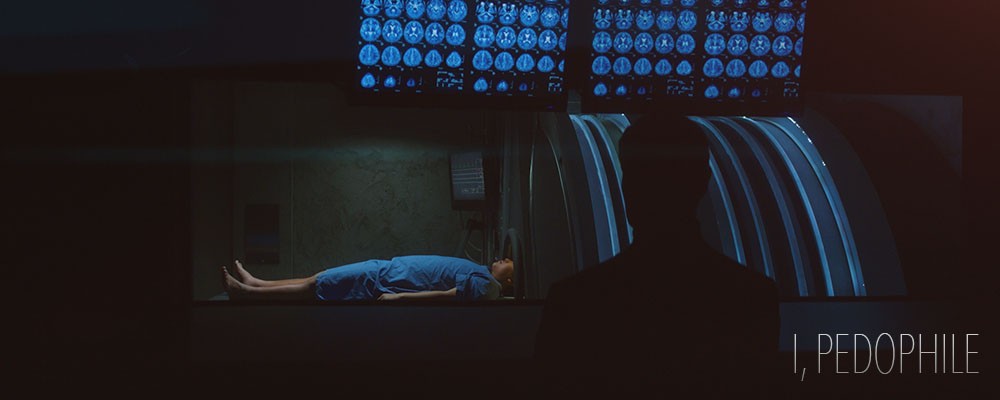Public figures, in the end, depend for their legacy on the unknown people whose lives they affected.
In South Africa 1969 I joined a delegation of Christian students from Wits University on a trip to the University of the North at Turfloop, a three hour drive north of Johannesburg. It was a so-called tribal college, the result of the apartheidisation of the Universities. We had planned a day of prayer and discussion about Christianity and Apartheid.
The day started with a service. During the first hymn the police burst in. Women screamed. We were all arrested, about 30 black theological students and eight white students. We were charged with a breach of the General Assemblies Act, which made illegal any gathering of the races for political discussion and for being on Bantu Trust Territory without a permit. At the age of 18 I was accused of being a political criminal.
We were escorted back to Johannesburg in a police convoy. On the way back we passed a forbidding looking building my companion, Jeannette Curtis, described as Pretoria Central. “Winnie Mandela is in there,” she said, ” and its her birthday” We sang Happy Birthday Winnie. I was too embarassed to ask her who Winnie Mandela was.
We were released at the house of a priest. I remember sitting in a state of shock; too chicken to call my parents. It was midnight on a Sunday. The priest [Father Colin Collins] was suddenly on the phone describing the day with great intensity and urgency. “Its Helen Suzman, in Cape Town.”
The next morning my horrified father tossed the morning newspaper on my bed. There on the front page of the Rand Daily Mail, the story with my name among the white students who’d been arrested. My mother dramatically proclaimed that it was the end of everything, a catastrophe.
Later that day, in Parliament, Helen Suzman stood and laid into Prime Minister Vorster for allowing his police to enter a place of worship and arrest concerned young South Africans. It was a stinging speech, but met with the same condescension and derision I was encountering.
For the blacks in our group it meant the beginning of twenty years of serious harassment, imprisonment, torture and worse (several founded the black consciousness movement with Steve Biko, who was beaten to death in police detention). In 1984, Jeannette Curtis, and her baby daughter, were blown up by a parcel bomb sent by South African agents.
I learned life lessons from that experience. One, arrest people who stand for a just cause and they will dig their heels in for life. Secondly, one person can be right, the vast majority wrong. Suzman personified George Bernard Shaw’s “the minority is wlways right” What she did for me was to buy me the time I needed to figure out how to help bring this system down in my own way. It took many more years but in the end my late parents understood, too.
Suzman was one tough broad. This was a pitbull, Governor Palin. She was the only MP to be right onto Nelson Mandela, fighting everyone to go out to Robben Island very early. I believe she saved probably millions from worse persecution than I experienced by badgering and berating the government on detention without trial, forced removals, property rights, the whole demented architecture that was apartheid. She was at the sharp end of one of the most sneering forms of sexism from white South African politicians, and she never buckled, never gave an inch. Later she fought against sanctions, which I thought was tactically wrong, but she was the sitting member for one of the richest constituencies in South Africa, so she was speaking, just as fiercely, for the business sector, representing those who voted her in election after election.
Years later, booking double-enders at The Journal, I used to hook her up with an equally formidable woman with as strong a nose for justice and bs in Barbara Frum, ..In this era of gushing, celebrity interviews these two sharp, focussed and deeply humane women were interlocutors of the highest calibre. When after 22 years of forced exile I returned to South Africa and produced Brian Stewart’s CBC interview with her in her beautiful gardens, I thanked her for staying the hand of the Nationalist Government after the church arrests. I don’t remember any mushy interchange about that. What I remember from that interview was her rock-solid, deep, deep respect for Mandela and her disturbing, but prophetic misgivings about his political successors. And those diamond-hard eyes.
Hamba gahle Mrs Suzman..heaven has a place for those who fight.
